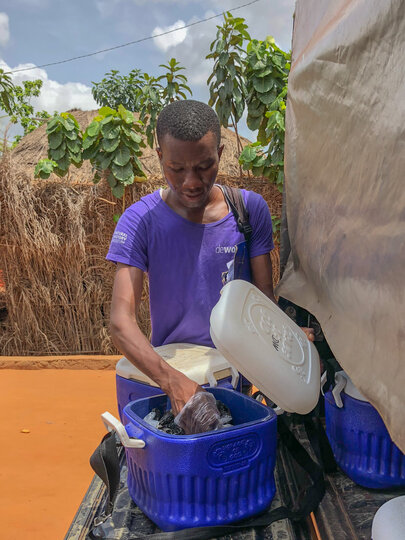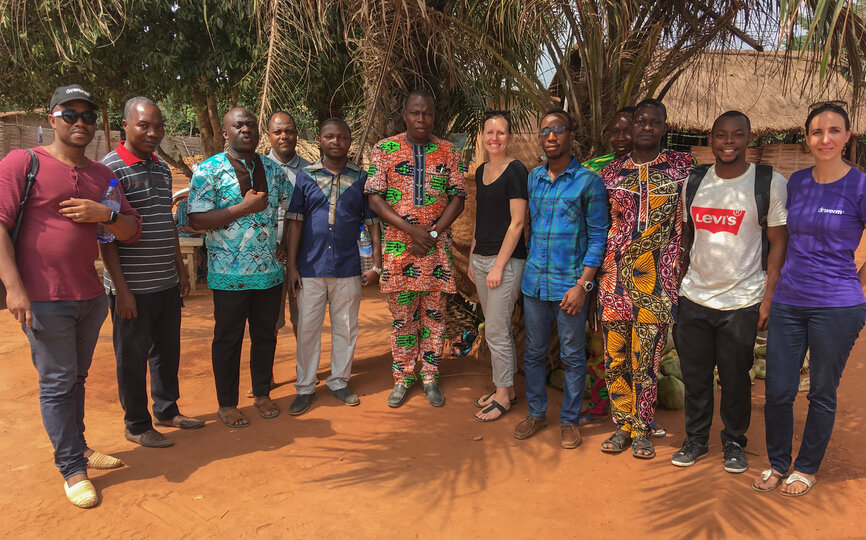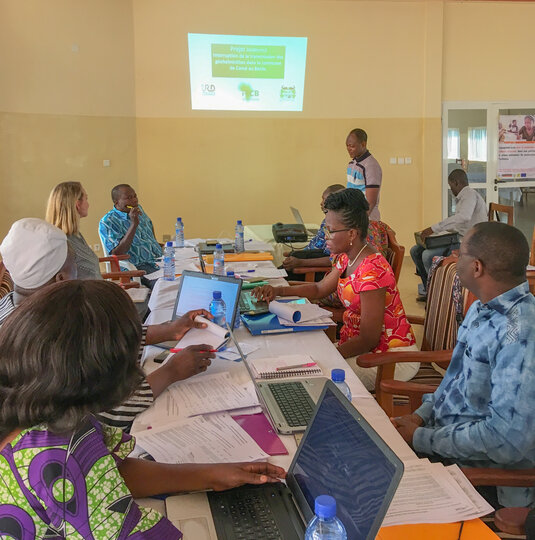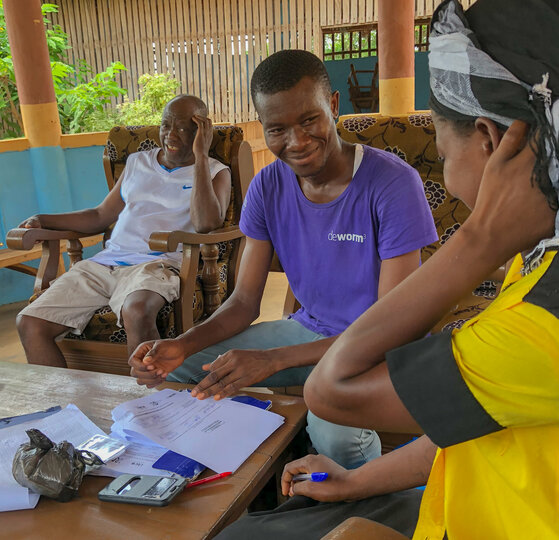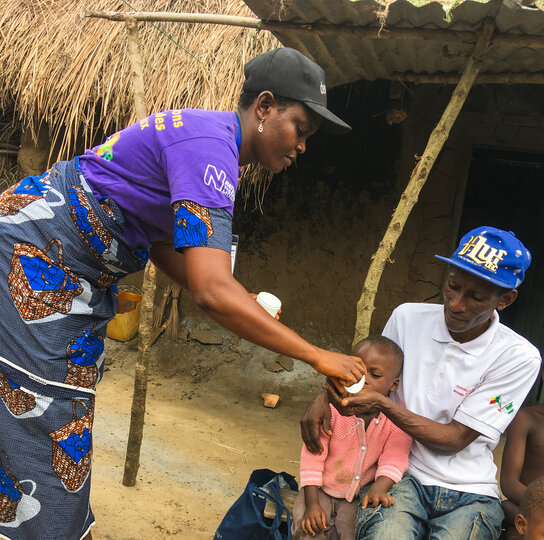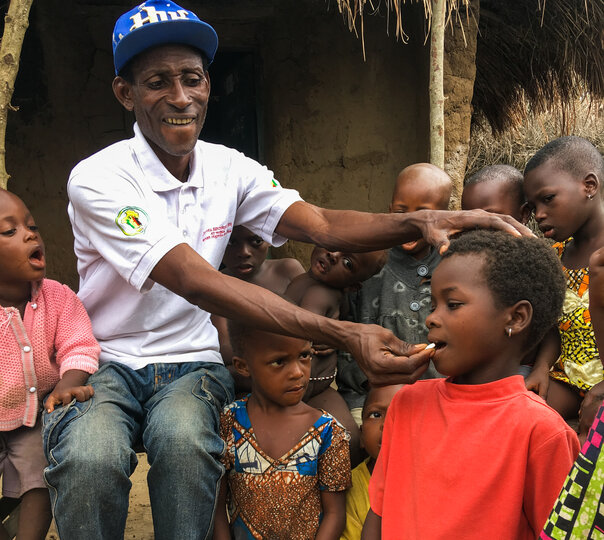DeWorm3
Overview
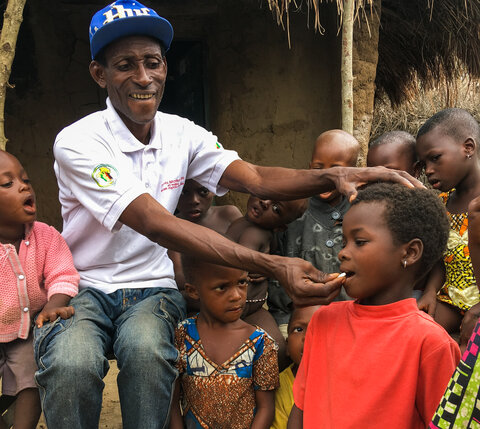
DeWorm3 is testing the feasibility of interrupting the transmission of soil-transmitted helminths (STH) infections and to develop feasible, effective strategies for scaling-up transmission interruption programs.
One approach to interrupting the STH transmission cycle and prevent ongoing transmission to children is to broadly administer the deworming drug albendazole to people of all age groups in these areas (community-wide deworming) compared to the current regime of only deworming children (school-based deworming).
New modelling of STH transmission dynamics suggests that it may be possible to interrupt the transmission of STH using preventative chemotherapy (PC) alone – with an “intensified” community-wide MDA strategy.
This programme will test the principal hypothesis:
- Three years of community-wide treatment with albendazole will be sufficient to interrupt transmission of each individual species in the same areas, whereas programmes targeted at pre-school and school-age children will not achieve such interruption.
Current WHO guidelines
Current WHO STH guidelines recommend delivering preventative chemotherapy - albendazole or mebendazole – via
- mass drug administration (MDA) campaigns
- targeting pre-school and school-age children
- living in areas where the baseline prevalence of any STHs infection is 20% or higher among children.
The purpose of this strategy is to reduce STH-associated morbidity by reducing STH worm burdens in children.
However, the targeted approach is unlikely to break transmissions of STHs in the community because adults and other untreated community members may act as reservoirs for STHs infections, contributing to ongoing reinfection of treated children.
Learn more at the Natural History Museum project webpage here.
